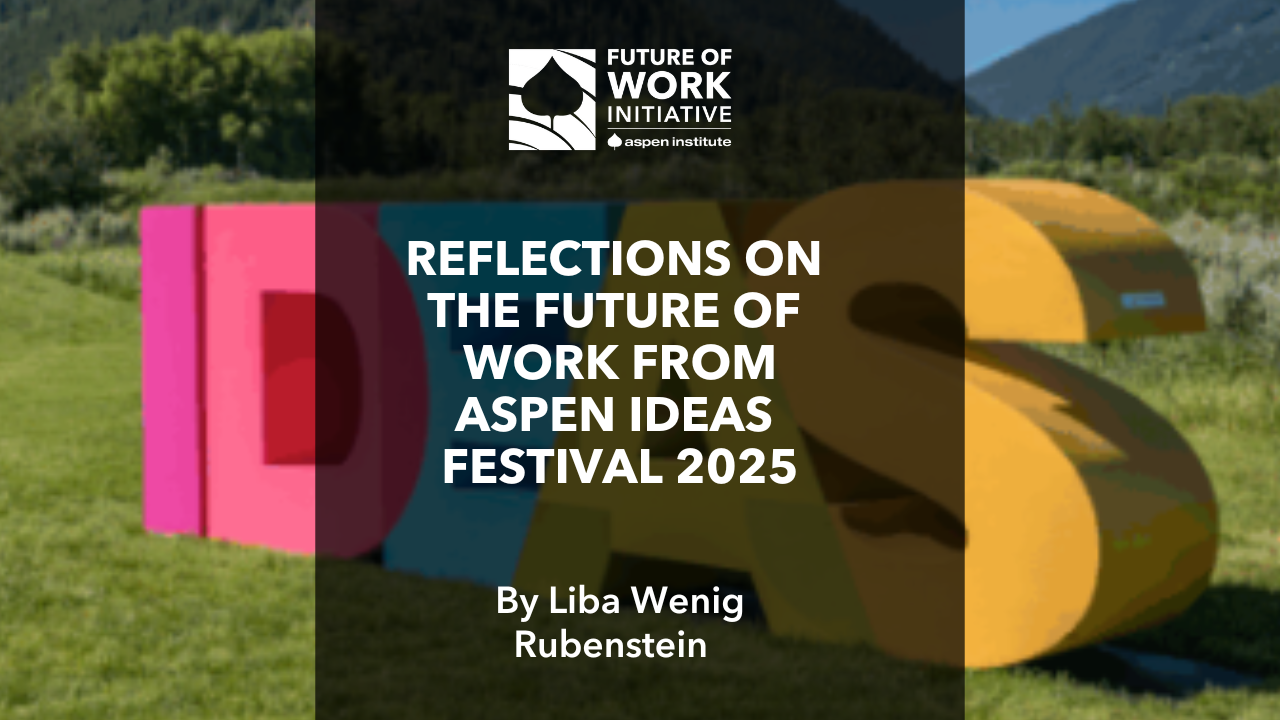The Shared Power Advantage: How to build a thriving company where workers have a seat at the table
In 2023, business leaders across industries contended with a broad call for more responsive, democratic workplaces, exemplified by a resurgent labor movement.
Nearly half a million workers withheld their labor in 354 strikes in just the first 10 months of the year—roughly four times as many as went on strike over the same time frame in 2022—and the number of petitions for union representation has continually increased over the past two years. Employees have also demanded a greater say in the workplace beyond unionization, challenging leaders to build more ethical and humane workplaces on issues as diverse as compensation, hiring, paid leave, social and political issues, and the return to office.
The message is clear: Working people want more power over the terms and conditions of their work. Instead of viewing this shift as a threat or incursion, enlightened employers will find the opportunity in it. The same mechanisms that make a workplace more democratic, collaborative, and fair also can support and expand existing company priorities, from improving products and adopting new technologies to advancing diversity, equity, and inclusion efforts. While some business leaders have opted for the same tired tactics to undermine worker empowerment in favor of top-down control, a raft of innovations in worker voice, worker representation, and collaborations with labor unions offer an alternative path forward.
To help organizations apply these ideas, the Aspen Business Roundtable on Organized Labor and Charter, a media company focused on the future of work, have partnered to produce “The Shared Power Advantage: How to build a thriving company where workers have a seat at the table.” The playbook includes strategies for leaders hoping to strengthen their workplaces by empowering their employees, including:
- Employee representatives on corporate boards
- Forms of worker ownership, combined with a culture of ownership that allows employees to weigh in on important issues.
- Responses to labor organizing that affirm and protect workers’ right to organize, including organization-wide labor principles, neutrality agreements, voluntary recognition, and strategies for negotiating first contracts
- Strategies to maintain collaborative and trusting relationships with labor unions, including labor-management committees, long-term shared projects outside of the scope of bargaining contracts, and accountability measures
About the Aspen Business Roundtable on Organized Labor
The Aspen Business Roundtable on Organized Labor is a private network of CEOs, founders, investors, and other business leaders reinventing corporate America’s relationship with organized labor. It is convened by the Future of Work Initiative.
About the Future of Work Initiative
The Aspen Institute’s Future of Work Initiative, part of the Economic Opportunities Program, empowers and equips leaders to innovate workplace structures, policies, and practices that renew rather than erode America’s social contract.
About the Economic Opportunities Program
The Aspen Institute Economic Opportunities Program advances strategies, policies, and ideas to help low- and moderate-income people thrive in a changing economy.
Join Our Mailing List
To receive occasional emails about our work — including new publications, commentary, events, fellowships, and more — join our mailing list.
Connect on Social Media
For news and updates every day, connect with us on the social media platform of your choice.








